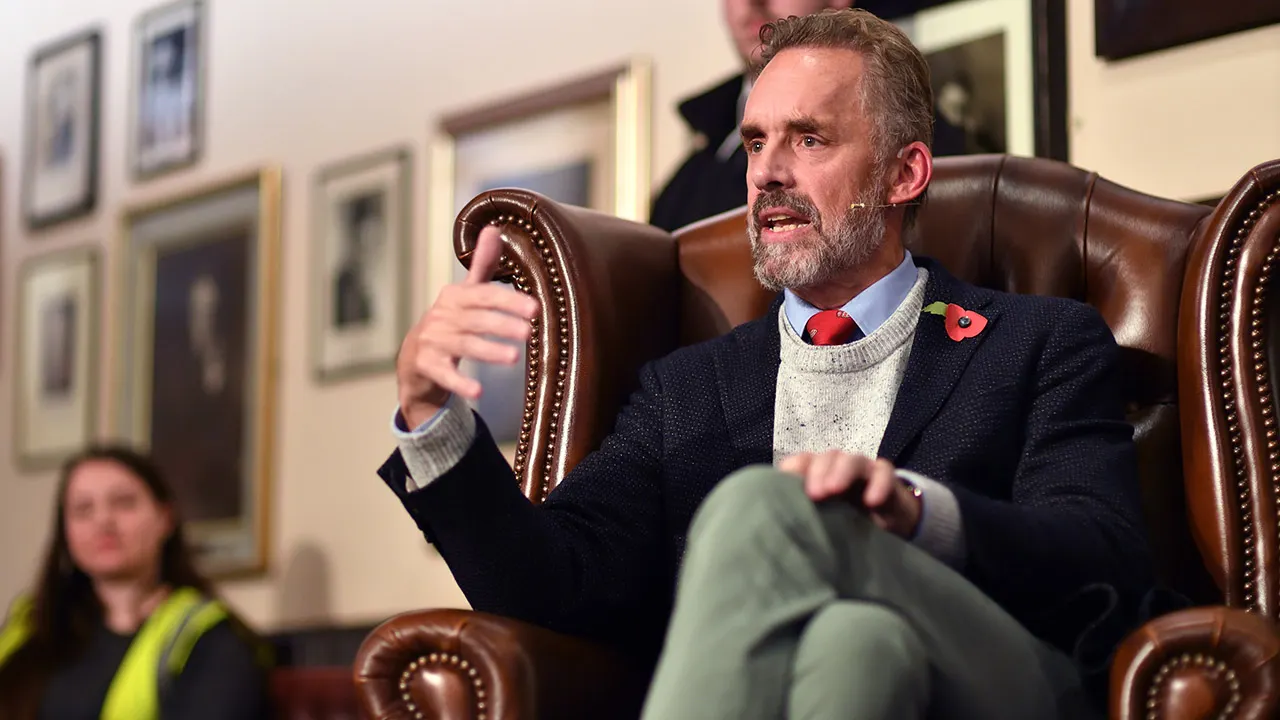The Impact of Jordan Peterson’s Social Media Training on Free Speech
Jordan Peterson’s social media training has sparked a lot of discussions about freedom of speech and responsibility online. After being ordered by the College of Psychologists of Ontario to complete this training, many are curious about what it means for him and for others who share their thoughts on social media. This situation raises important questions about how professionals express their views while maintaining ethical standards.
The debate surrounding Jordan Peterson’s social media training goes beyond just one individual. It touches on how we think about speech, professionalism, and the influence of social media in our lives. As more people engage online, understanding the balance between personal expression and professional conduct becomes crucial. Let’s dive deeper into the implications of this decision.
The Role of Social Media in Professional Conduct: Insights from Jordan Peterson’s Case
Social media has changed how we communicate, especially for professionals like psychologists. They must remember that their online presence reflects their work. For Jordan Peterson, this means he has to think about how his comments impact his reputation.
Key points to consider include:
- Responsibility: Professionals must share their thoughts carefully.
- Public Perception: What you say online can shape how others see you.
- Ethical Standards: Maintaining professionalism is crucial, even on social media.
In Peterson’s case, the social media training aims to remind him of these responsibilities. This training can help him understand how to express his views without crossing ethical lines.
How Social Media Training Shapes Public Figures: Lessons from Jordan Peterson
The training that Jordan Peterson must undergo highlights an important lesson for all public figures. It shows that even influential voices can be held accountable for their words. Social media can amplify messages quickly, and sometimes, those messages can have unintended effects.
By going through social media training, Peterson can learn strategies to communicate better. This training can help him express his opinions while being respectful to others. It’s about finding a balance between free speech and being responsible.
The Wider Impact of Jordan Peterson’s Social Media Training on Public Discourse
Jordan Peterson’s situation is not just about him. It has implications for everyone who shares opinions online. His social media training may influence how other professionals approach their online presence. This case raises discussions about the limits of free speech and the importance of professional ethics.
Important discussions include:
- Free Speech vs. Responsibility: Where do we draw the line?
- The Role of Institutions: Should regulatory bodies have this power?
- Public Response: How do people react to this decision?
Many people are watching closely to see what happens next. The outcome of Peterson’s training could affect how professionals use social media in the future. It serves as a reminder that with a platform comes responsibility.
The Importance of Professionalism in Online Communication
In today’s digital world, professionalism is crucial, especially for those in influential roles. Public figures like psychologists, teachers, and doctors hold a responsibility to their audiences. Their words can shape opinions, influence behaviors, and even affect mental health. This is why Jordan Peterson’s case is so significant. It reminds us that even when expressing personal views, professionals must maintain a level of respect and care.
Professionalism online means being aware of the potential impact of one’s words. It involves thinking before posting and considering how statements may be interpreted by different audiences. For someone like Peterson, who has a large following, even a seemingly casual comment can lead to misunderstandings or hurt feelings. Therefore, undergoing social media training can help individuals learn how to express their thoughts without crossing ethical lines.
Learning from Mistakes: A Path to Improvement
Mistakes happen, and when they do, they offer valuable lessons. Jordan Peterson’s situation serves as a reminder that everyone can improve their communication skills. Social media training is not just about punishment; it’s an opportunity for growth. It helps individuals understand the nuances of online communication and the responsibilities that come with it.
Training programs often include scenarios and examples that highlight what to avoid. Participants can learn how to engage in healthy discussions, even when opinions differ. This approach encourages respectful dialogue, fostering a more positive online environment. By taking the time to learn from past mistakes, professionals can enhance their ability to connect with their audience effectively.
The Role of Accountability in Public Discourse
Accountability is essential in public discourse. Jordan Peterson’s training emphasizes that public figures must be responsible for their statements. This accountability helps build trust with their audience. When professionals acknowledge the weight of their words, it promotes a culture of respect and consideration.
By participating in training, Peterson demonstrates his willingness to learn and adapt. This sets a positive example for others in similar positions. It shows that accepting responsibility is a sign of strength, not weakness. As more professionals embrace this mindset, it can lead to healthier discussions in society.
Moving Forward: A Call for Thoughtful Communication
As we reflect on the implications of Jordan Peterson’s social media training, it’s clear that thoughtful communication is vital for everyone. Whether you’re a public figure or an everyday person, being mindful of how you express yourself online can create a more respectful community. We can all contribute to a positive digital space by choosing our words carefully and engaging in constructive conversations.
Ultimately, the lessons learned from this situation extend beyond one individual. They serve as a reminder that kindness and professionalism matter, especially in our increasingly interconnected world. By promoting respectful dialogue, we can work together to create an online environment where everyone feels heard and valued.
Conclusion
Jordan Peterson’s social media training is a big deal for him and for many others. It shows how important it is for professionals to think carefully about what they say online. While everyone has the right to express their opinions, there are rules to follow, especially for those in trusted roles like psychologists. This situation helps remind us that our words can have a big impact on others.
As we move forward, we should all consider how we communicate on social media. The lessons from Peterson’s case can help everyone, not just public figures. Being respectful and responsible online is important for building a better community. By learning from these experiences, we can all share our thoughts while keeping kindness in mind.
FAQs
Q: Why was Jordan Peterson ordered to undergo social media training?
A: Jordan Peterson was ordered to undergo social media training because the College of Psychologists of Ontario found some of his comments online to be demeaning and unprofessional.
Q: What does social media training involve?
A: Social media training typically teaches individuals how to communicate responsibly online, focusing on the impact of their words and the importance of maintaining professional standards.
Q: How does this case relate to free speech?
A: This case raises questions about free speech by highlighting the balance between expressing personal opinions and adhering to professional ethics, especially for those in regulated fields.
Q: What are the potential impacts of Peterson’s training on other professionals?
A: Peterson’s training could influence other professionals to be more mindful of their online presence, encouraging them to consider the consequences of their words in public forums.
Q: What should public figures keep in mind when using social media?
A: Public figures should remember that their comments can significantly influence public perception, so they need to communicate thoughtfully and responsibly to uphold their professional image.






Post Comment